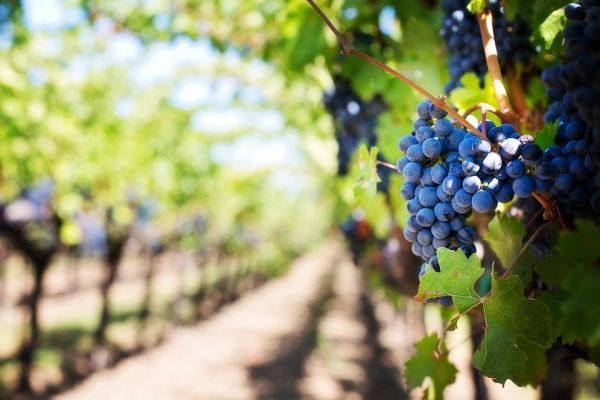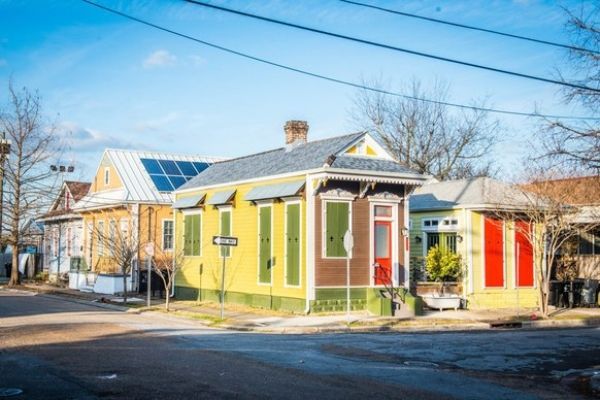
The world drinks a lot of wine, and that means a lot of grapes are consumed every year. But not every part of the grape ends up in the bottle. Seeds, stalks and skins — roughly a quarter of the grapes —- are typically discarded in landfills as waste. But now, researchers say they have found some useful commercial applications, such as prolonging the shelf life of fatty foods, for these wine leftovers.
>> Read the Full Article
The Colonial Pipeline, which carries fuel from Texas to New York, ruptured last fall, dumping a quarter-million gallon of gas in rural Alabama. By the time the leak was detected during routine inspection, vapors from released gasoline were so strong they prevented pipeline repair for days. Now, scientists are developing technology that would alert pipeline managers about leaks as soon as failure begins, avoiding the environmental disasters and fuel distribution disruptions resulting from pipeline leaks.
>> Read the Full Article

On a rainy day in New Orleans, people file into a beige one-story building on Jefferson Davis Parkway to sign up for the Low-Income Heating and Energy Assistance Program (LIHEAP), a federal grant that helps people keep up with their utility bills. New Orleans has one of the highest energy burdens in the country, meaning that people must dedicate a large portion of their income to their monthly energy bills. This is due in part to it being one of the least energy-efficient cities in the country.
>> Read the Full Article

 ENN
Environmental News Network -- Know Your Environment
ENN
Environmental News Network -- Know Your Environment